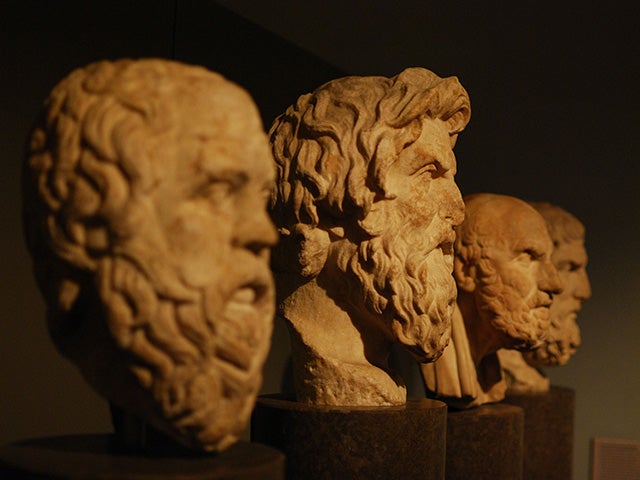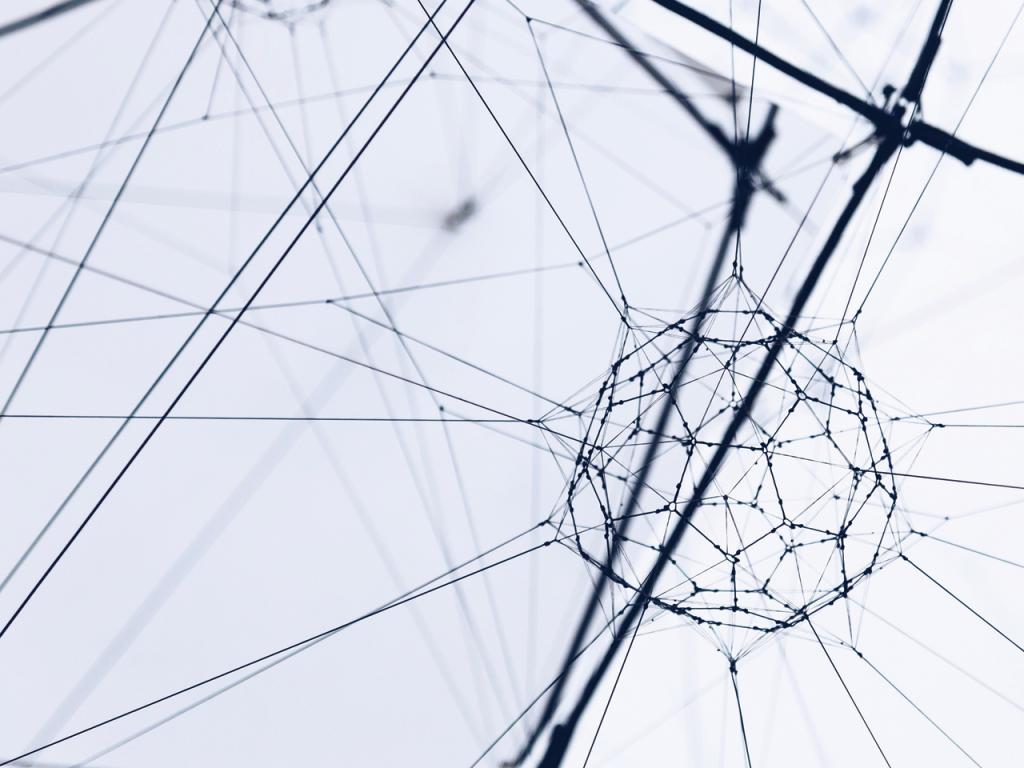The Cognitive Unconscious
Meredith Lanska
Jan 21, 2025 - May 09, 2025
We
02:00 pm - 04:59 pm
Open Seats
29 Unreserved Seats
This class is on the cognitive unconsciousness. This is the unconscious mind from a cognitive science point of view rather than one from psychoanalysis (though we will briefly touch on the psychoanalytic notions of the unconscious to clarify the distinction). The basic guide will be asking whether there is explanatory value to explaining human behavior with mental states or events that are not conscious to the person who has them. We say, for example, that a person flinched because they felt pain. Pain is a mental state that can explain the behavior (the flinch) of the person. Are there good reasons to think that some behaviors are explained by unconscious mental states? Cognitive science provides a strong reason to believe we can an


